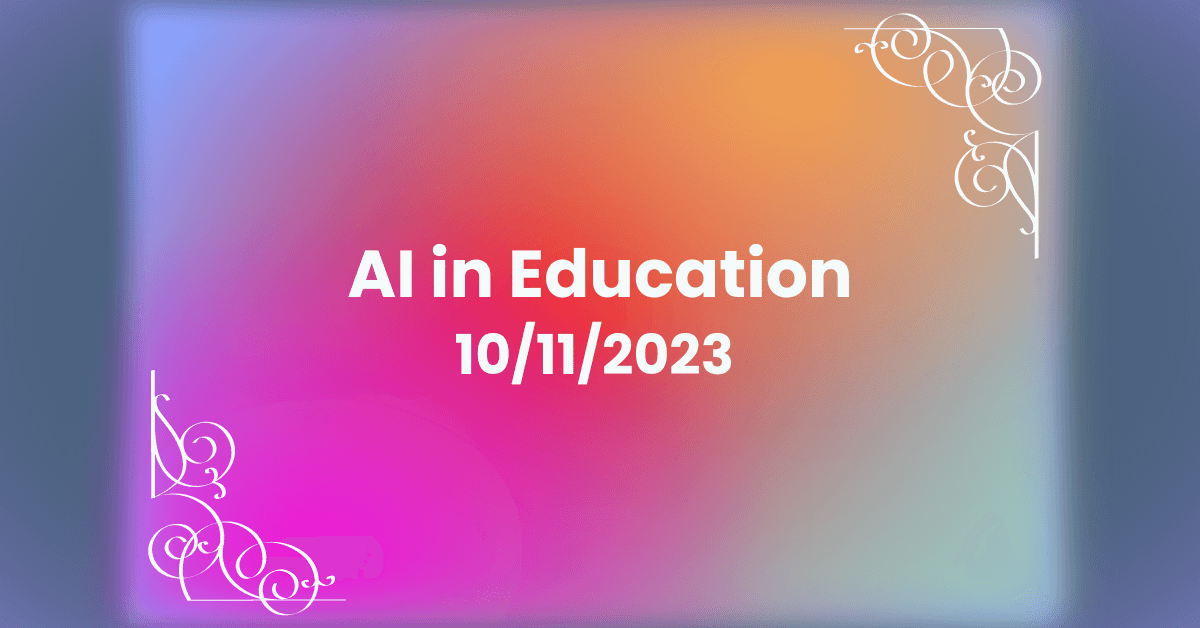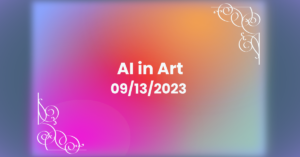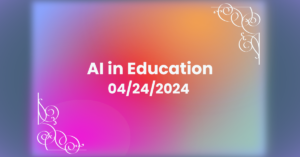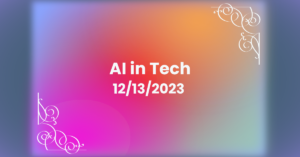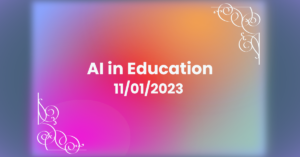AI’s Potential to Transform Education
In a recent article published in Government Technology, Aaron Gifford argues that AI has vast potential to change how education is carried out.
In the midst of the 2023-2024 academic year, education stands at the precipice of a profound transformation, ushered in by generative AI technologies like ChatGPT. These innovations, while met with a mix of enthusiasm and caution, are reshaping traditional educational models. However, their integration raises crucial questions about regulations, ethical considerations, and the evolving roles of both teachers and students.
The Current Landscape and Educational Challenges
Generative AI tools, exemplified by ChatGPT, have sparked intense debates in educational circles. The U.S. Department of Education has proposed an “AI Bill of Rights” to ensure human oversight in AI-driven educational processes. Yet, regulations surrounding AI tools remain varied, with different states and organizations adopting diverse approaches. Despite these challenges, educators are exploring AI’s potential, integrating it into classrooms and adapting teaching methods. However, it is emphasized that AI should be viewed as an assistant, complementing human expertise rather than replacing it.
Fostering Creativity and Collaboration: The Future of Education
Despite concerns, AI’s potential in education is vast. It promises personalized learning experiences, continuous student assessments, and streamlined administrative tasks, allowing teachers to focus more on individual student needs. Looking forward, the integration of AI offers the promise of a more dynamic, engaging, and personalized learning experience. Initiatives such as Georgia’s AI4GA program exemplify the importance of AI education in the curriculum, preparing students for a future where understanding AI is not just crucial but empowering. The future of education lies in the collaborative efforts of educators, policymakers, and technologists, ensuring that AI becomes a tool that fosters critical thinking, creativity, and adaptability among students, ultimately preparing them for a future where AI is an integral part of their lives.
Further Reading
- Q&A: Can AI in school actually help students be more creative and self-directed? – Katie Davis, a University of Washington professor, explores the potential of generative AI. – University of Washington
- Artificial Intelligence and Education: A Reading List – A list of academic resources for learning about AI in education. – JSTOR Daily

